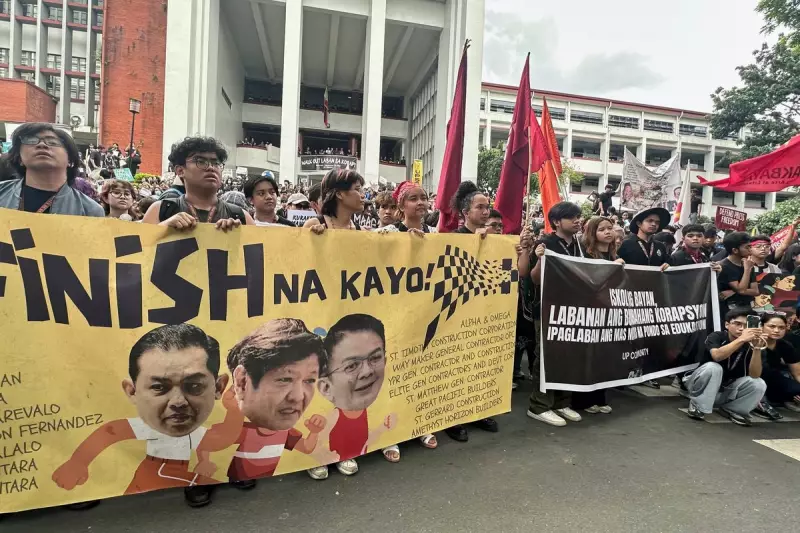
In a stunning policy reversal, the Philippine government has shelved its contentious national identification card programme. The scheme, officially named the 'Filipino Card', has been mothballed indefinitely after meeting a firestorm of criticism from a powerful coalition of civil liberties groups and the influential Catholic Church.
The announcement was made by a senior official from the House of Representatives, confirming the project has been officially 'set aside'. The decision marks a significant climbdown for President Ferdinand Marcos Jr.'s administration, which had previously championed the system as a cornerstone of its modernisation efforts.
A Coalition of Opposition
The proposed card was intended to consolidate a citizen's government-issued numbers—for taxes, social security, and healthcare—into a single, universal ID. Proponents argued it would streamline access to public services and reduce bureaucratic red tape.
However, the plan faced immediate and fierce resistance. The Catholic Bishops' Conference of the Philippines (CBCP) emerged as a leading critic, voicing profound concerns that the card could become a tool for excessive government surveillance and social control, potentially infringing on individual freedoms.
This religious opposition was bolstered by widespread public scepticism. Many citizens questioned the scheme's hefty price tag, estimated to run into millions of pesos, deeming it an irresponsible use of public funds for a project of questionable necessity.
Privacy and Practicality Concerns
Beyond the cost, a deep-seated distrust of the government's ability to safeguard personal data was a central theme in the backlash. Critics pointed to potential vulnerabilities, fearing the centralised database could be a goldmine for hackers and identity thieves.
The public's rejection was overwhelming. Widespread protests and a palpable lack of enthusiasm for registering for the card sent a clear message to policymakers in Manila. The government's subsequent U-turn is being widely interpreted as a direct response to this public pressure and a desire to avoid a protracted and damaging political battle with the Church and civil society.
For now, the controversial 'Filipino Card' has been relegated to the archives of abandoned government projects, a testament to the power of public dissent in the world's third-largest Catholic nation.





